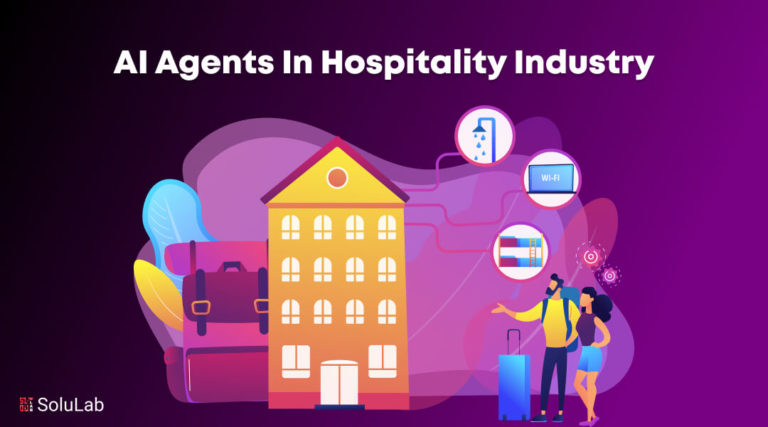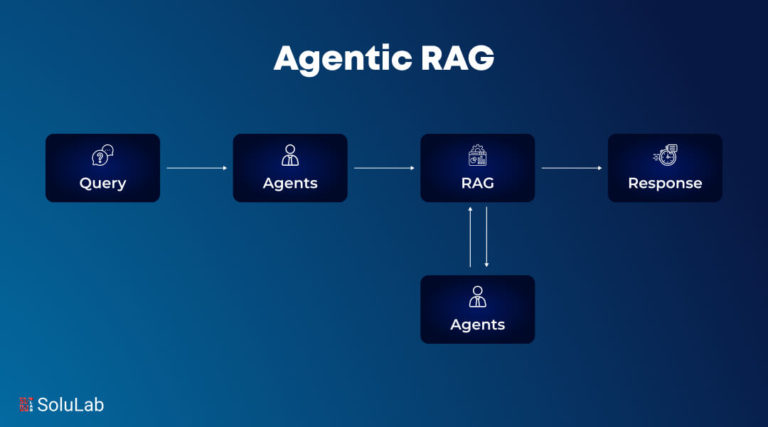
It’s hard to miss the internet chatter on how machine learning (ML) and artificial intelligence (AI) are reimagining the way we live, work and thrive. Today, machine learning is synonymous with bringing to life a successful product. With the growing presence of connected devices generating a significant amount of digital information, enterprises are tapping into algorithms to solve business problems efficiently – and securely.
Here’s a quick example – take Google’s search engine. When a user keys in something they want to look up, they may find an extensive amount of information related to the keyword. The query wouldn’t necessarily elaborate on what the user is specifically looking for. Here’s where machine learning can make a difference. Google’s search algorithms are expected to “know” what results will be highly relevant to the user’s search query – and quickly weed out the rest.
This is made possible due to several factors and in-built parameters that rely heavily on machine learning and automation to gauge user requirements and provide web pages tailored to their requirements.
Keeping It Simple: What Is Machine Learning?
Machine learning taps into algorithms that enable computers to perform tasks without a string of additional information. It’s one of the main components within the umbrella of artificial intelligence. Through artificial intelligence, businesses can predict a particular output largely by its experience of processing similar information earlier. How does this help enterprises? It simulates human learning capabilities and also helps the system to improve its efficiency, and provide accurate output.
Seven Decades And Counting
Although tagged as a futuristic technology, machine learning has been around in the enterprise tech space since the 1950s. Arthur Samuel, one of IBM’s leading researchers, developed the first machine learning program. Several other contributions later, the technology made its way into almost every industry vertical. For enterprises, leveraging machine learning brought ample benefits into the picture.
Computation-heavy algorithms driven by machine learning could be applied to massive data sets to get results at significantly lower processing speeds. It’s not just efficiency. Be it an international player or an emerging startup, machine learning helps them provide better user experience to their clients. Here are some of the other benefits that can transform your business.
1.Removing manual tasks
Over the last couple of years, automation spurred the reduction of tasks that were tagged as mundane and repetitive. If machines could effectively replace manual operations that were predictable through several parameters and other external factors, this reduced cost and improved labour efficiency for organizations.
With machine learning, enterprises can fill this void by leveraging predictive models that empower stakeholders and senior management to make decisions real-time by referring to the generated models, and apply them to real-time data points. This simplifies operational activities and support services.
2.Improved security and system performance
Digital penetration has also provided room for growing cyber-security threats, network disruptions and real-time tech challenges that force organizations to track down measures to maintain security within their network and mitigate any risk of data loss. Issues surrounding data privacy infringement could bring about catastrophic legal and business repercussions for the organization.
Machine learning can play a vital role in preventing security threats, data leaks and any other system-related outages. The algorithms monitor and study behaviour within a specific network for any anomalies that occur real-time – and before it escalates into a widespread issue, the system is able to adopt and proactively implement measures to prevent this.
“Creating mobile apps that include supervised machine learning algorithms that can assess a potential phishing risk in less than a second is what’s needed. Angular, Python, Java, native JavaScript and C++ are efficient programming languages to provide detection and remediation, so ongoing visibility into any malicious threat across all Android and iOS mobile devices can be tracked, providing detailed analyses of phishing patterns,” says Louis Columbus.
3.Efficient and accurate decision making
Businesses rely extensively on data and user information to make the right decisions at the right time. With user information handy, extracting the right information that provides accurate results may not be possible without smart technologies such as machine learning.
The technology allows businesses to work around large data sets and condense them into actionable intelligence. This can be integrated into the firm’s business processes every day and help them take proactive, informed decisions.
4.Reducing costs without hampering accuracy and speed
Take a simple example – customer service or support solutions for a product. Organizations that enjoy a large user base struggle with customer demands that are largely aimed at fast and effective support. This can be delivered through any of the popular methods today – be it chatbots, phone support or email. It calls for a large number of support staff, telephone and connectivity specialists and extensive tech support. By utilising machine learning technologies, these tasks are automated at a much lower cost and an increased speed + efficiency.
Better yet? Customers don’t have to necessarily tackle longer waiting time or queue up to speak to a customer service agent.
5.Enhanced business solutions
In today’s competitive space, large enterprises thrive by establishing their dominance across the market, seeking and leveraging business advantages to sustain and grow their profits. When it comes to small and midsize organizations, this comes from tapping into innovative solutions, products and business models.
One of the prominent examples comes from Uber and AirBnB. Both the platforms use machine learning algorithms to grow and scale their business models to build accurate search results and provide an enhanced customer experience to their clients.
6.Predict your product’s customer lifetime value
When a product has been launched into the market, one of the bigger challenges that face customers include customer lifetime value prediction and segmentation. With machine learning, companies can build models that predict customer behaviors, purchasing patterns, user preferences and tailor their products to fit the individual customer’s needs and requirements.
7.Weed out spam and phishing messages
It’s a highly critical component of developing a rule-based technique that reduces and eliminates spam and any phishing emails that pop up. By using pre-existing filters, the team is able to create and implement new rules that detect and work towards tackling this.
8.Analysis and product recommendations
Look up any e-commerce website and you’ll find that the successful ones thrive based on customer-driven trust. This can be derived from reviews, ratings or recommendations. Several businesses that fall into this vertical – and many others outside – use machine learning algorithms to gauge a customer’s purchase preferences and history, match it with an extensive product inventory and identify patterns and similar products that they could be interested in. How does this help companies? It’s a critical factor to promoting and incentivizing a customer to buy more.
Bringing it all together
For machine learning technology to adapt to a dynamic and evolving landscape, tackle more advanced threats tomorrow and empower businesses to face growing challenges – we need to face a world that capitalizes on what we have today and build enhancements over that. We’ll need greater insights into how they can enable better business insights, risk assessments and prevention and audit network systems.
Quick Read: The Place of Machine Learning and Artificial Intelligence in the Automotive Industry




